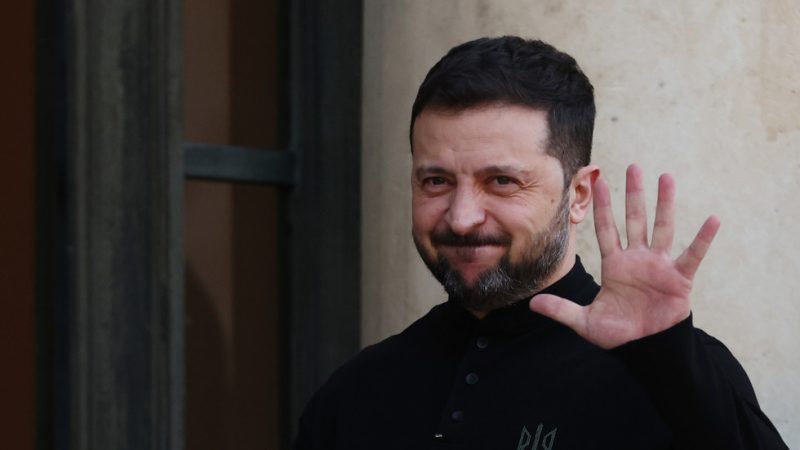
Reports are surfacing that Ukrainian President Volodymyr Zelenskyy employed lie detector tests in an attempt to uncover the source of a leaked draft regarding a potential minerals deal. The Financial Times, which broke the story, suggests this drastic measure highlights the seriousness with which Zelenskyy views the leak and the potential damage it could inflict. The specifics of the deal remain undisclosed, adding a layer of intrigue to the already sensitive situation.
The use of lie detectors, while potentially revealing, raises questions about their accuracy and the ethical implications of such a high-stakes investigation within a government setting. Critics might argue that this approach could chill open communication and create a climate of distrust among officials. Others may contend that the severity of the leak necessitated such an unconventional method to protect national security and ongoing negotiations.
This incident underscores the immense pressure facing Zelenskyy and his administration. Maintaining secrecy around sensitive military and diplomatic negotiations is crucial, especially during an ongoing war. The leak, regardless of its content, could potentially compromise Ukraine’s strategic position, embolden adversaries, and undermine international trust. The investigation itself, therefore, is not merely about identifying a leaker, but about preserving the integrity of the Ukrainian government and its operations.
The ongoing investigation, and the methods employed, will undoubtedly be subject to intense scrutiny. While the details of the leaked draft remain shrouded in secrecy, the story itself shines a light on the extraordinary challenges facing Ukraine’s leadership as they navigate the complexities of war, diplomacy, and internal security. The use of polygraph tests in this context marks a significant event, raising profound questions about transparency, accountability, and the delicate balance between security and democratic principles within a nation at war.










